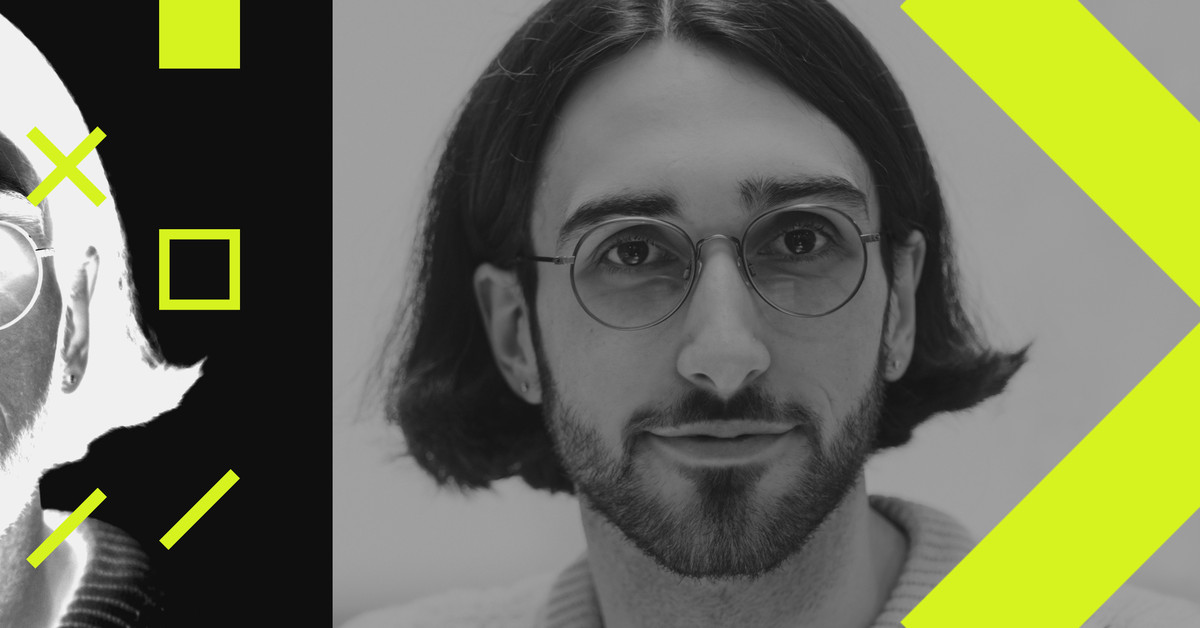SINGAPORE: Singapore on Monday (Sep 9) proposed a law to ban deepfakes and other digitally manipulated content of candidates during elections.
Introduced by the Ministry of Digital Development and Information (MDDI), the Elections (Integrity of Online Advertising) (Amendment) Bill would introduce safeguards against digitally generated or manipulated content during elections.
This includes artificial intelligence-generated misinformation, commonly known as deepfakes.
It comes amid growing concerns about malicious deepfakes around the world. Singapore has also seen more of such content, including those used for scams and extortion.
Singapore’s next General Election must be held by November 2025.
WHAT DOES THE BILL COVER?
If passed, the Bill would prohibit the publication of digitally generated or manipulated content during elections that realistically depicts a candidate saying or doing something that they did not say or do.
This prohibition will only apply to online election advertising that depicts people who are running as candidates.
It would take effect once the writ of election is issued and until the close of polling, as the content published during this period can have a material impact and influence on voters’ behaviour, said a spokesperson for the Ministry of Digital Development and Information (MDDI).
The prohibition would apply if three conditions are fulfilled:
- The content is digitally generated or manipulated using AI techniques as well as non-AI techniques such as Photoshop, dubbing, and splicing.
- The content can be “reasonably regarded” as online election advertising, where its intent is to promote, procure or prejudice the electoral prospects of a party or candidate.
- The content must realistically show a candidate saying or doing something that they did not say or do.
If the content fulfils all three conditions, it would be a criminal offence to publish it as well as to republish, share or repost it.
The Bill allows the Returning Officer to issue corrective directions to individuals who publish such content, social media services, and internet access service providers to take down offending content, or to disable access by Singapore users to such content during the election period.
Social media services that fail to comply face a fine of up to S$1 million upon conviction. For all others, non-compliance may result in a fine of up to S$1,000, imprisonment of up to 12 months, or both.
The proposed law would also allow candidates to make a request to the Returning Officer to review content that may breach the prohibition and issue corrective directions.
If assessed to be a genuine case, corrective directions can be issued.
However, candidates who knowingly make a false or misleading declaration may be fined or may lose their seat in the election.
During a briefing on the proposed Bill, the MDDI spokesperson said minor modifications such as beauty filters would not be covered as they do not capture the candidate doing or saying something they did not do.
Animated characters or cartoons as well as entertainment content and memes that are not realistic would also be excluded from this.
“With memes and entertainment videos, potentially, one might argue that ‘I’m creating content for entertainment purposes’, but ultimately it is based on assessment of how realistic it is and other limbs within the law,” said the spokesperson.
The ministry said the ban would not apply to news published by authorised news agencies to allow factual reporting on the prohibited content.
It would also not cover content shared via private communications such as one-to-one online conversations or private group chats.
“Essentially, what we are trying to do here is to balance the freedom of expression, especially in the private context, versus the issue of misrepresentation of what a candidate did or said,” said the MDDI spokesperson.
“For example, if you are in a group chat with your family, it is considered private because of the domestic composition,” the spokesperson added.
“But if you were to, for example, be part of a 500-person WhatsApp group, and the purpose of the group is to discuss issues and current affairs, it will not be considered private and domestic because random people can join it.
“Ultimately, it will be an assessment of the relationships between people within the group.”





